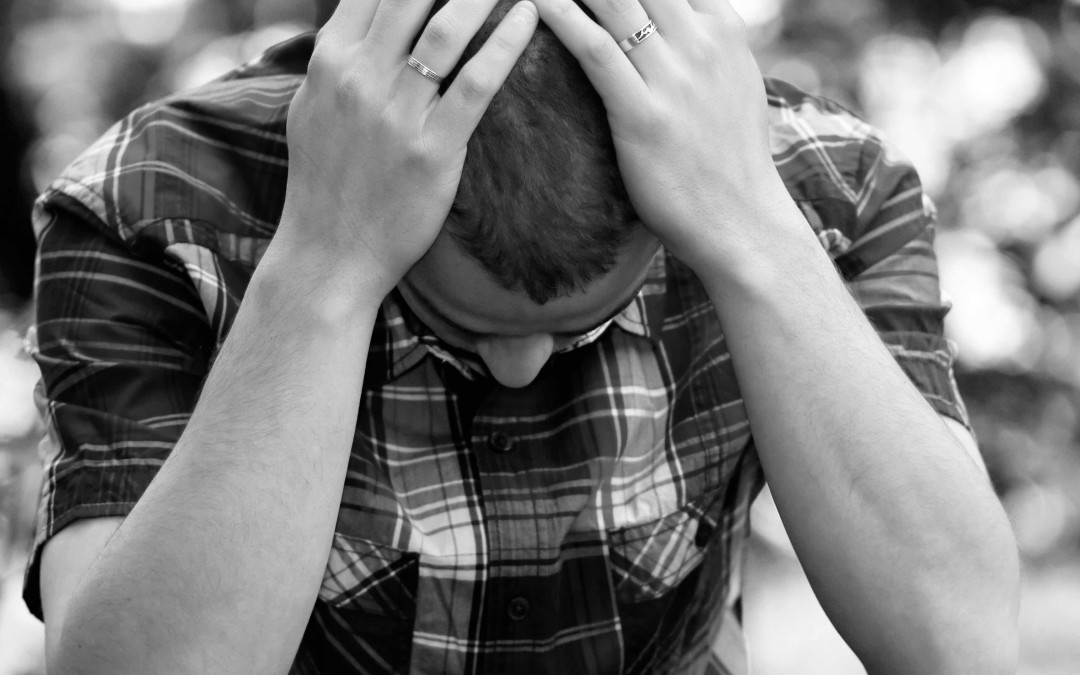Everyone get depressed from time to time. But for some people depression can be a major obstacle to accomplishing daily activities. Depression may even be a result of biological causes. Depression affects more than 16 million American adults each year and this figure keeps growing. Depression is not just about feeling sad or about not being able to feel pleasure for everyday things. Depression is more complicated than that. In fact, depression that goes untreated can complicate existing illnesses. A depressed may not want to continue following medical advice for an existing medical condition (not taking prescriptions, not going to doctor or laboratory visits, etc.). Depression can also lead to suicide. Depression can strike anyone at any age.
‘Depression’ is a Misunderstood and Misused Word
As psychologist Stephen Ilardi explains, depression is an often misunderstood word. Many people use the word depression to describe sadness. Additionally, the word depression is often used in situations for everyday situations which actually then lessens the impact of the word and the condition it really describes. Ilardi gives an example: People say they’re “’depressed” after ripping a hole in a new pair of jeans, or even after missing an episode of their favorite TV show.” The difference between using the word depressed in situations like these and how it’s used by mental health professionals is that everyday use of the word depression does not describe a true debilitating illness. Actually, everyday use of the word depression or the word depressed describes a temporary, passing condition. So often, when we speak about depression, we believe that a person can just snap out of that state, when, in fact, that is not always the case.
Symptoms of Depression
Mental Health America is a non-profit organization founded in 1909. Its mission is to help promote mental health as part of our overall wellness. Mental Health America lists the following as some symptoms of depression:
- Persistent sad, anxious or “empty” mood
- Sleeping too much or too little, middle of the night or early morning waking
- Reduced appetite and weight loss, or increased appetite and weight gain
- Loss of pleasure and interest in activities once enjoyed, including sex
- Restlessness, irritability
- Persistent physical symptoms that do not respond to treatment (such as chronic pain or digestive disorders)
- Difficulty concentrating, remembering or making decisions
- Fatigue or loss of energy
- Feeling guilty, hopeless or worthless
- Thoughts of suicide or death
Treatment
It’s important to speak with your primary care physician or a mental health professional so that proper treatment can be initiated. Depression can be treated with medications and counseling sessions (psychotherapy). Severe depression may require a stay at a hospital or treatment center.
Available Help
If you think you have depression here are some resources you can reach out to for assistance:
- National Suicide Prevention Lifeline Phone: (800) 273-TALK (8255) http://www.suicidepreventionlifeline.org/
- International Foundation for Research and Education on Depression http://www.ifred.org/
- Depression and Bipolar Support Alliance (DBSA) http://www.dbsalliance.org/
- American Psychiatric Association 703-907-7300 psychiatry.org/
- Anxiety and Depression Association of America (240) 485-1001 adaa.org
Sources:

